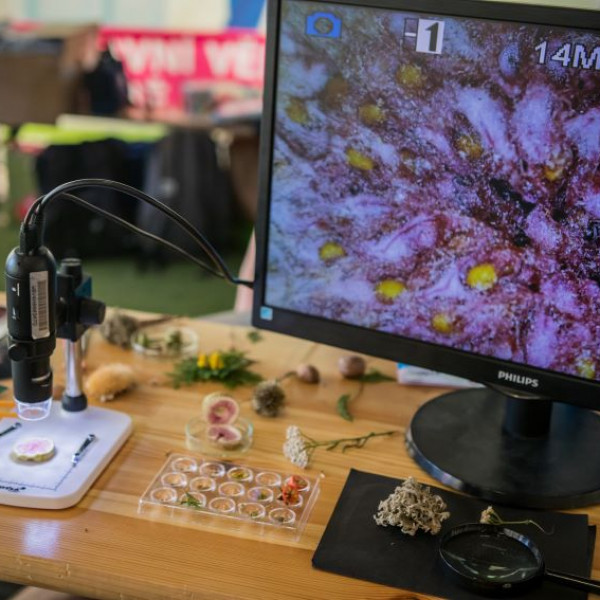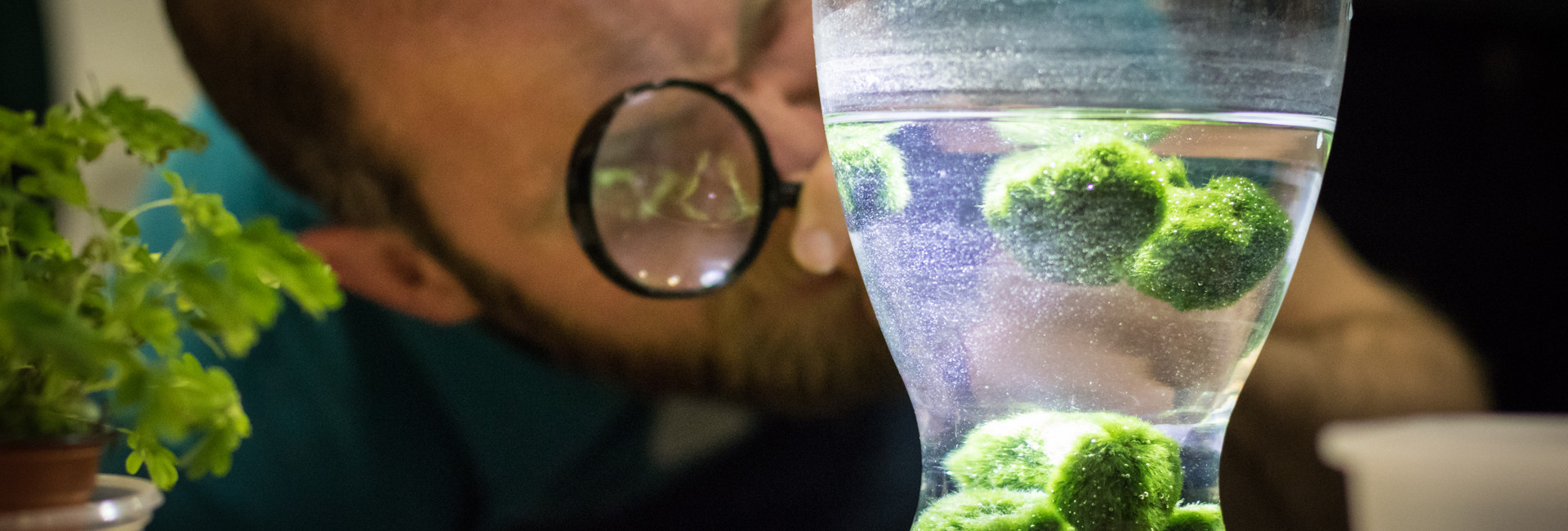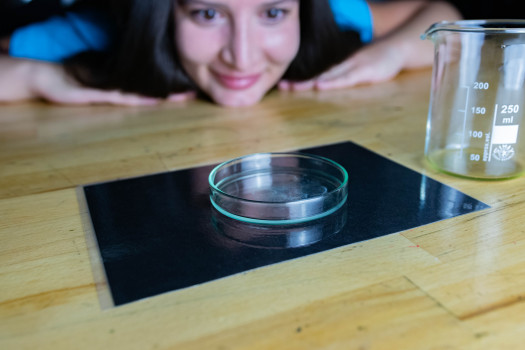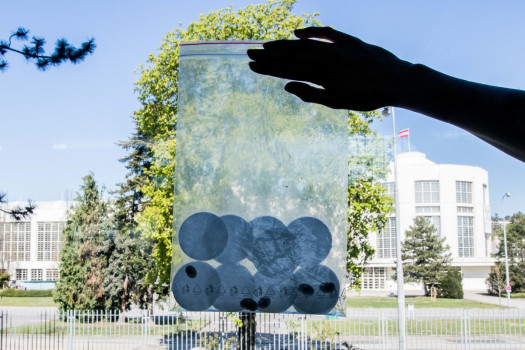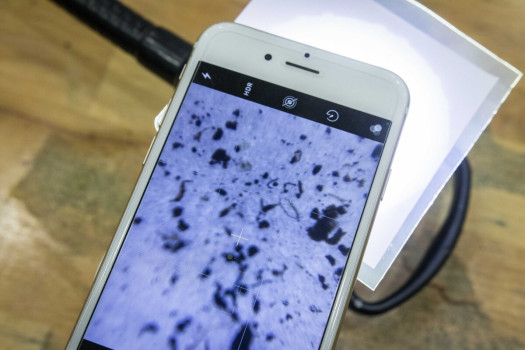Besides being famed as a geneticist, Gregor Johann Mendel was also a beekeeper, meteorologist, biologist and director of a bank.
Today, no one doubts that Gregor Johann Mendel laid the foundations of genetics and his findings have influenced many other fields of science.
Early years
Back when he was a young man, he was already showing unprecedented talent as a student, even managing to tutor his own classmates. At the recommendation of his professor, he became a novice at the Augustinian abbey in Old Brno, where he took the name Gregor. Entering the monastery allowed the young Mendel to free himself from "bitter worries about nutrition", as he himself stated in his autobiography, enabling him to continue his scientific research.
Mendel the teacher
Later Mendel became a teacher at the grammar school in Znojmo, where he taught mathematics, German, Latin and Greek. With the support of the abbey, he was allowed to study at the University of Vienna, although he failed both attempts to pass the relevant examinations. After graduating, he continued to work as a teacher, this time in Brno, and was extremely popular among his pupils and colleagues. His teaching methods were hugely successful.
This was the time of Mendel's most famous research with the pea, when he was the first to express the basic principles of heredity in mathematical terms.
Meteorologist and beekeeper
In addition to genetics, Mendel also took a keen interest in beekeeping and meteorology. He was the first in the world to describe a tornado. Besides the weather, he also took a scientific interest in the state of ozone in the air, measuring groundwater levels and observing sunspots. At the end of his life, his position as abbot and his public reputation saw him appointed director of the Mortgage Bank.
Real recognition
The mathematical and statistical procedures that Mendel used to present his research were too complex for many of his contemporaries. His unique discoveries and ideas did not earn the recognition they deserved until years after his death.
